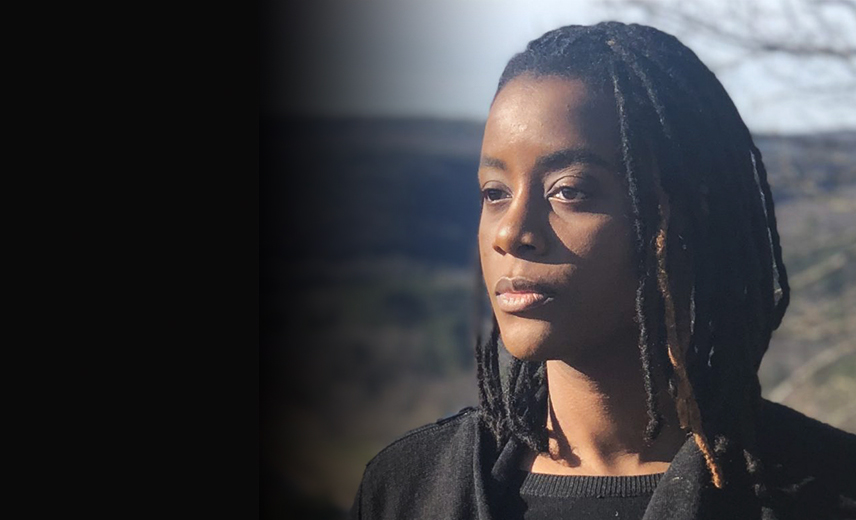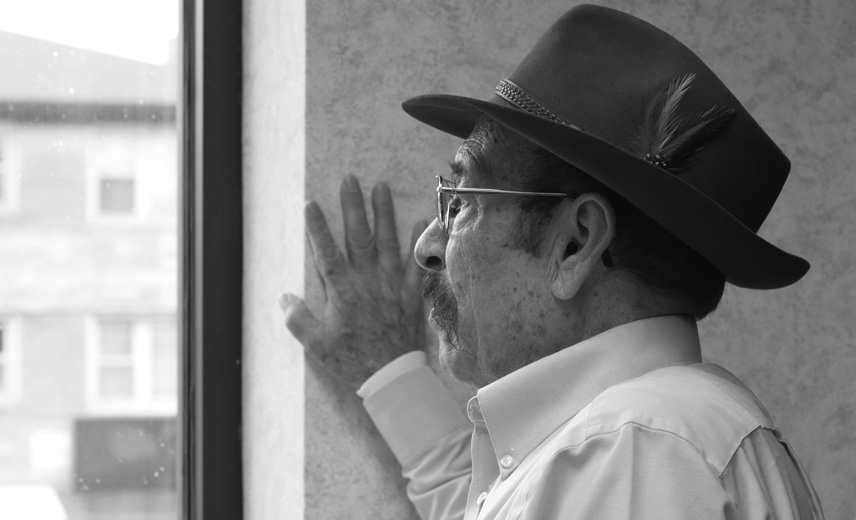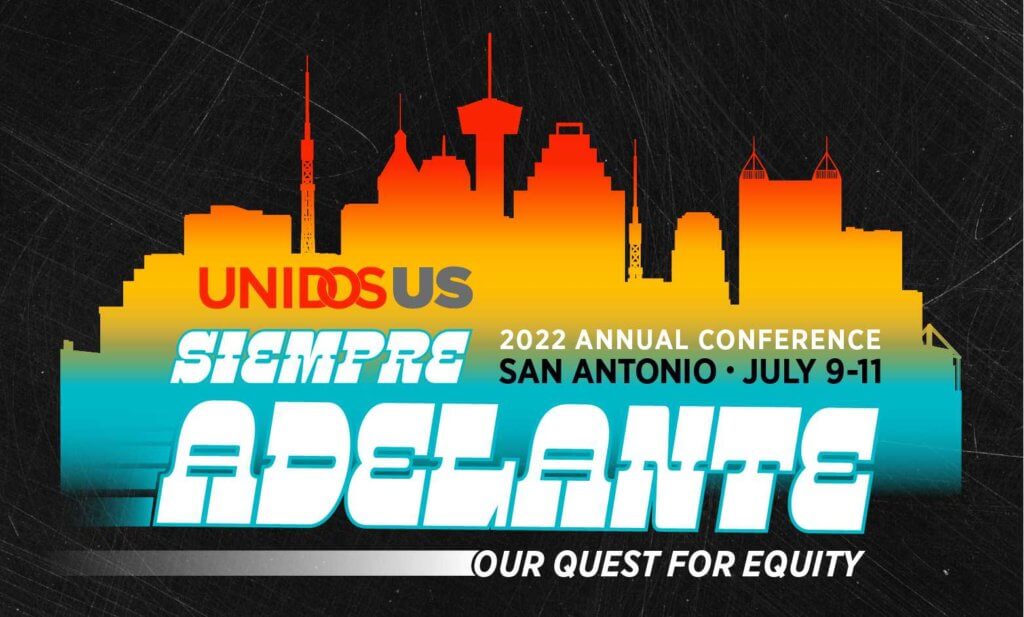From Systemic Racism to Social Isolation, This Edtech Entrepreneur
is Using Health Class to Address Society’s Biggest Challenges

Reva McPollom always knew she liked informing the public. She started her career writing for the Home News Tribune and the Star Ledger in New Jersey in the early 2000s. As digital media evolved, so did she. After a few years working for a mobile startup and a trade publication in the fashion industry, she moved into web content management and software systems engineering. But by 2009, she missed the purposefulness of journalism. She wanted to explore the intersection of content design, technology, and marketing, and since she knew a lot of educators, she saw an opportunity to make a bigger impact.
McPollom went back to school for a master’s degree in instructional technology and media from Columbia University while working in digital marketing, then she spent a few years developing a corporate university platform for a global marketing agency. Her partner at the time was a high school dean, so she asked her what her biggest challenges were in that role. Her partner put health education high on the list, and that resonated for McPollom. A year later, she had founded Lessonbee.com, a K-12 learning platform aimed at making the health education experience more interactive, more honest, and more culturally responsive.
What was it about health education that really stood out?
Growing up, I struggled with my identity and sexuality. I had mental health challenges. I felt very isolated and disconnected at school, and that prevented me from experiencing the joy of education. I think that just sucks. A kid shouldn’t have to go through that. Being connected and feeling worthy gets you so far in life. Your health outcomes are sort of the result of whether or not you feel worthy of health, whether or not you have access to resources, and whether or not you have a value system to understand the importance of it.
And so Lessonbee was born.
Yeah, it was really clear that health education hadn’t evolved since I was a kid. As a digital learning professional, I had seen so much innovation in core academic subjects and workplace learning that it was upsetting to recognize so little innovation had gone toward something as critical as improving student health, especially when research shows that healthy students behave better and perform better academically. Lessonbee is not about just checking the health curriculum box for schools. It’s about ensuring that every kid feels confident, connected, and worthy of health and success. And the earliest insight was that to achieve our goals, we had to ensure that our curriculum met the needs and expectations of all types of students. That’s why we focus on providing culturally responsive education, because when students see themselves and their peers reflected in their lessons, their outcomes improve.

How does it work?
Textbooks and PowerPoint presentations simply don’t achieve the goal of being culturally responsive because they’re not dynamic enough. We use an approach called designed adaptivity in which we identify student misconceptions within the lesson and then use conversational learning experiences. For example, we create simulated text messaging environments where conversation adapts based on the student’s responses. The student is seeing diverse characters. They’re seeing scenarios that are relatable, and then they’re having a simulated conversation that’s not necessarily telling them, “you got this correct” or “you got this incorrect,” but it’s evolving with them while providing medically accurate information in an authentic and engaging way.
Does this still require an instructor?
I’d say the best implementation involves a teacher or parent. The lessons are self-paced, but these are complex and nuanced topics. Kids will always have more questions. The teacher or parent can use Lessonbee to start the conversation, but should be prepared to keep the conversation going. But I think that’s implied in the context of culturally responsive teaching and reflective learning. Teachers and parents have an important role to play that’s actually much bigger than just providing information. I think as teachers embrace this it will open the door to much more innovation in edtech.

What’s been the response?
Students love the self-paced lesson experience. They say it helps them feel more prepared and it’s not awkward like a typical health class. Teachers say it’s a no brainer and are begging their principals for access. But as you move up the pipeline to district administrators, there are sometimes unnecessary roadblocks. So, we play the short and long game at the same time by going direct to students, parents, and teachers while doing all the things you need to do to gain audience at the district and state level.
How did engaging with students and educators help you adapt?
There was a moment where we were doing an instant pilot in which students take a series of lessons in one day and then we deconstruct the experience with the students and their principal. One student identified as a lesbian and she took a lesson on reproductive health. In this lesson, one of the characters, misses her period a couple of times. In the previous lesson, that character has a new boyfriend and they’re exploring their sexuality with each other, so now the character is concerned that she might be pregnant.
Obviously, we try to ensure that we’re being culturally responsive and thinking through different types of students’ experiences, but the student in our pilot study is constantly mis-gendered in her daily life and she was kind of triggered by that lesson. The character in our lessons dealt with an inconsistent period, and she is just thinking about it as a result of that post-sexual activity. Meanwhile, the student in our focus group also had inconsistent periods for reasons unrelated to sexual activity. In the lesson, we do talk about how people can have different periods, that not everyone has a period once a month, but it still missed the mark for this student. It made her feel different. That’s why all of this is so very nuanced and so hard to get right. But, we’re committed to getting it right for every student, and that’s what makes us different than our competition. We took it seriously. We learned something from that experience and used it to make our product more adaptive.
What other health topics do you explore?
We talk about mental health, nutrition and substance use/abuse, because if you’re not feeling really good or you’re feeling anxious or depressed, your habits might change, right? There are always relationships between the different topics such as drugs and alcohol or tobacco, but we’ll also integrate sexuality because that’s how it plays out in the real world. We also have lessons on anatomy and physiology and are working on financial health as well.
How has the COVID-19 pandemic impacted your work?
Our initial response was allowing schools and districts to use our platform for free through the remainder of the school year. But as we’ve watched schools respond and seen the impact on kids, we decided to double down on our direct to consumer initiatives. Schools have done amazing work. But, unfortunately, health education is still the last priority for many. And kids don’t have time for schools to figure out where that fits among priorities and how to respond. So phase two of our response has been creating courses that parents can purchase for their kids without a Lessonbee subscription, starting with a mental health course that teaches kids how to manage stress and build resilience. Phase three has been identifying partners to help scale our reach. We’ve recently joined forces with PowerSchool, the leading K-12 educational technology provider, as a Schoology Learning Applications partner.
Digital learning adoption was already increasing. COVID has accelerated things. We’ve having conversations around district-level implementation now that might have taken us 12-18 months under normal circumstances. I think there’s going to be long-term positive impact in terms of effective use of technology in schools. We’re really just doubling down on what makes us unique, and that’s being the first and only health-centered learning management system for K-12.

From hate crimes and police brutality to glaring disparities in health care and jobs that require frontline services during the pandemic, the health of people of color is at great risk. How can a culturally responsive curriculum like yours help educators on weeks when these topics become the predominate conversation in the press and on social media?
We have a mental health course that includes interactive lessons on managing stress and building resilience. But, it’s how educators and parents keep the conversation going after the lesson that really matters. I love the idea of analyzing the latest news through the lens of health and incorporating it into our curriculum. That’s something that we’re building out in our offering, so health education isn’t just a one-time experience but an ongoing part of the culture at school. I think that students need to be able to reflect on the messages they’re seeing in the media in a safe environment, and learn from each other’s experiences. I definitely think we need to get real about our history to avoid making the same mistakes and finally overcome our past. Because people are clearly still afraid of each other, and being afraid of people just because they are unlike you isn’t healthy. Entitlement isn’t healthy. Empathy, caring, and appreciation for diversity are attributes of emotionally healthy people. When you see stories like this in the media, it becomes clear why health promotion in schools is critical if we want the next generation to see themselves in others and treat each other with kindness.
Can others contribute to your content?
We have a shared content library where all teachers on our platform can contribute content. We also work with partner organizations to publish their content, for example we recently partnered with Amaze.org, which provides comprehensive sexuality videos for K-12. We have over a hundred of their videos on our platform that teachers and parents can use to create their own online classes. Anyone that wants to contribute can sign up as a teacher for free at Lessonbee.com.

Who is currently using your curriculum?
Today, mostly teachers and parents. More parents than teachers, but parents are teachers, and though it sounds obvious that was actually a revelation for me. We see our solution as B2C2B and focus on engagement at the parent/student level, which also includes teachers. When it comes to health education, you really need the support of parents to drive adoption upwards into the schools and districts. Our curriculum has also been approved Chicago Public Schools, and the NYC Department of Education just endorsed our mental health program, so that’s two of the largest school districts in the country.
How did you sell the school systems on your curriculum?
Without giving away our secret sauce, it results from our instructional design processes including research and engagement with subject matter experts. We leverage the national standards from the CDC. Being in New York, we were also informed by the scientific research-based skill methodology for health education developed by the New York State Education Department. NYCDOE is adding Lessonbee to their list of recommended high-quality, standards-based health education instructional materials. But I think our ability to meet the standards and get approved so quickly is also a byproduct of our company and culture and values.




